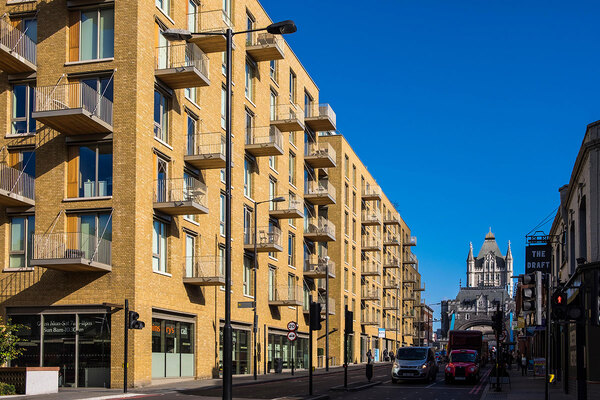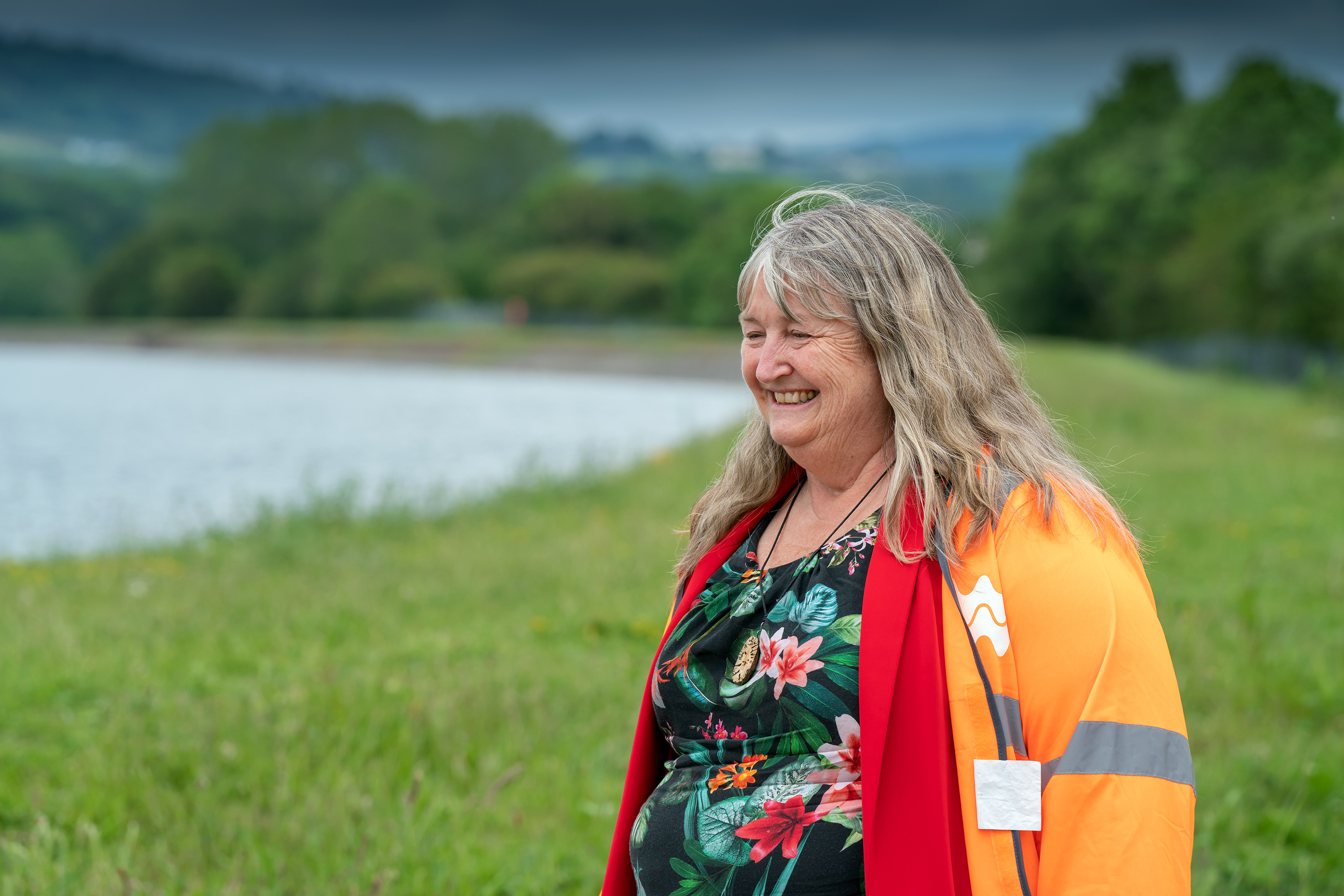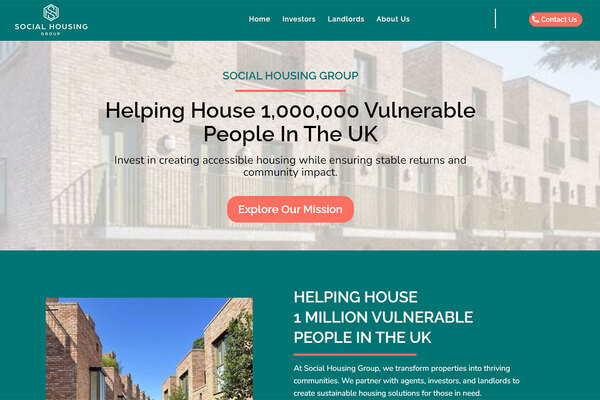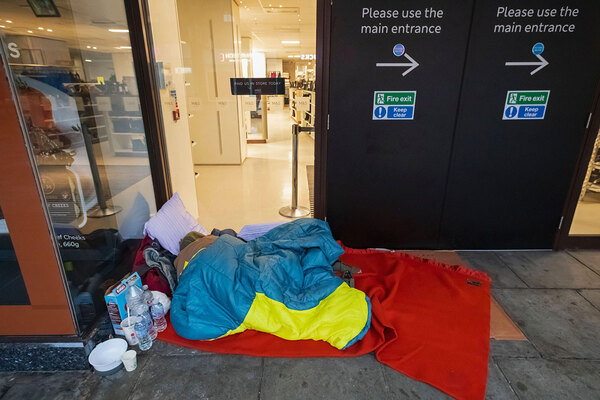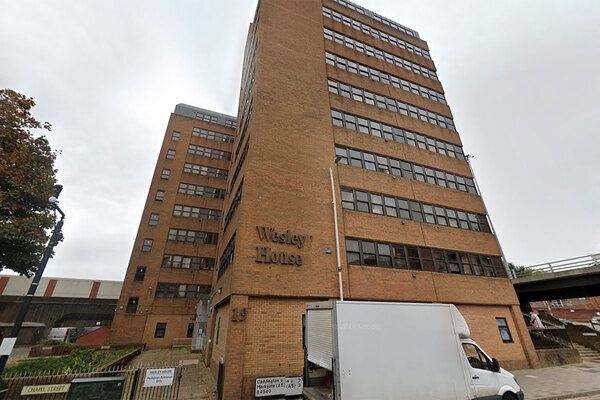You are viewing 1 of your 1 free articles
The Week in Housing: backing for Build Social and a reminder of the housing challenges the new government will face
The Week in Housing is our weekly newsletter, rounding up the most important headlines for housing professionals. Sign up below to get it direct to your inbox every Friday
Good afternoon.
In the run up to the election, Inside Housing’s Build Social campaign has been calling on political parties to commit to building substantial numbers of homes for social rent in their manifestos.
This week, both the Liberal Democrats and Green Party backed that campaign, and talked about some of their own housing plans. Hopefully their example will help prompt a debate about numbers and need, and not just warm words about social housing during the rest of the campaign.
Our interview with Julie James, the Welsh government’s cabinet secretary for housing, local government and planning, also saw her recommit to the country’s 20,000 home social rent target, saying it will be “touch and go, but we’ll still make it”.
Ms James also backed Build Social, which called for the Welsh government to deliver on 4,000 homes a year (effectively its existing target), saying: “I absolutely support this campaign.”
Delivery obviously rests on a number of factors, and this week Community Housing Cymru called on the Welsh government to agree a multi-year rent settlement with the sector during a Local Government and Housing Committee meeting.
This week also brought a reminder that whichever party wins power in the general election will face pressure from a new wave of regional mayors, elected in May, who have pledged to deliver more social housing as part of their campaigns. Our interview with Kim McGuinness, the first mayor of the North East, saw her set out her ambitions for social landlords in the region.
Within a week of taking office, Ms McGuinness revealed that she and other regional mayors had met with housing secretary Michael Gove and “directly challenged him to say we need support to unlock the ability to build more social housing”. Whichever party wins power will face that same challenge from the regional mayors, keen to deliver on their own election pledges.
Our recent interview with new West Midlands mayor Richard Parker saw him set out his pledge to dramatically up the delivery of social rent, too.
As a reminder, Inside Housing has previously spoken to Mr Gove, along with Labour shadow housing minister Matthew Pennycook and the Scottish housing minister Paul McLennan about their attitudes to the delivery of social housing as part of the Build Social campaign.
Other election news saw Labour promise a permanent mortgage guarantee scheme to help get 80,000 young people on the housing ladder. The party is also looking at a national roll-out of Housing First schemes.
Recent years have obviously seen councils and housing associations face a growing number of obligations, including regulatory requirements and delivery of the zero carbon agenda. If a new government is prioritising delivery of new housing, then there are various challenges it will have to address. Some of those became clearer this week with the news that the majority of London’s biggest landlords will see their interest cover fall below 100% this year.
L&Q isn’t one of those, but ratings agency S&P Global did lower its credit rating for the housing association from A- to BBB+ due to the substantial investments the landlord has to make in its existing stock.
The Regulator of Social Housing revealed that spend on repairs and maintenance was up again in its survey for the final quarter of 2023-24, as landlords continue to prioritise damp and mould and building safety work. Click here to find out more about the English regulator’s update on the state of the sector.
The challenges facing councils was also flagged in research from campaign group Generation Rent that suggested one in four English councils are spending 5% of core budgets on temporary accommodation.
Inside Housing has also been campaigning to promote the sector as a place to work through our Housing Hires campaign, which Ms McGuinness has backed. And the week also brought a new report that pointed out ways housing associations could help drive micro-enterprises and build employment support services.
In Scotland, the Scottish Federation of Housing Associations continued to plan and support the skills that will be needed in the future, with the renewal of its partnership with a retrofit and fuel poverty charity.
Maryhill and Queens Cross housing associations unveiled their partnership to make life easier for housing applicants by providing a joint online service.
Finally, for landlords looking to access funding under Wave 3 of the Social Housing Decarbonisation Fund, Rubianka Winspear of law firm Trowers & Hamlins provided some insight into how to get your hands on it.
Martin Hilditch, editor, Inside Housing
Editor’s picks: top five stories this week
Wales’ 20,000 social rent target will be ‘touch and go, but we’ll still make it’ – minister
Election special: Liberal Democrats – we want to build 150,000 social homes a year
Election special: Greens call for new role for councils in buying empty and ex-PRS homes
The North East’s new mayor sets out her ambitions for social housing
Interest cover to fall below 100% this year for majority of London’s largest landlords
Sign up for our Week in Housing newsletter
Already have an account? Click here to manage your newsletters



